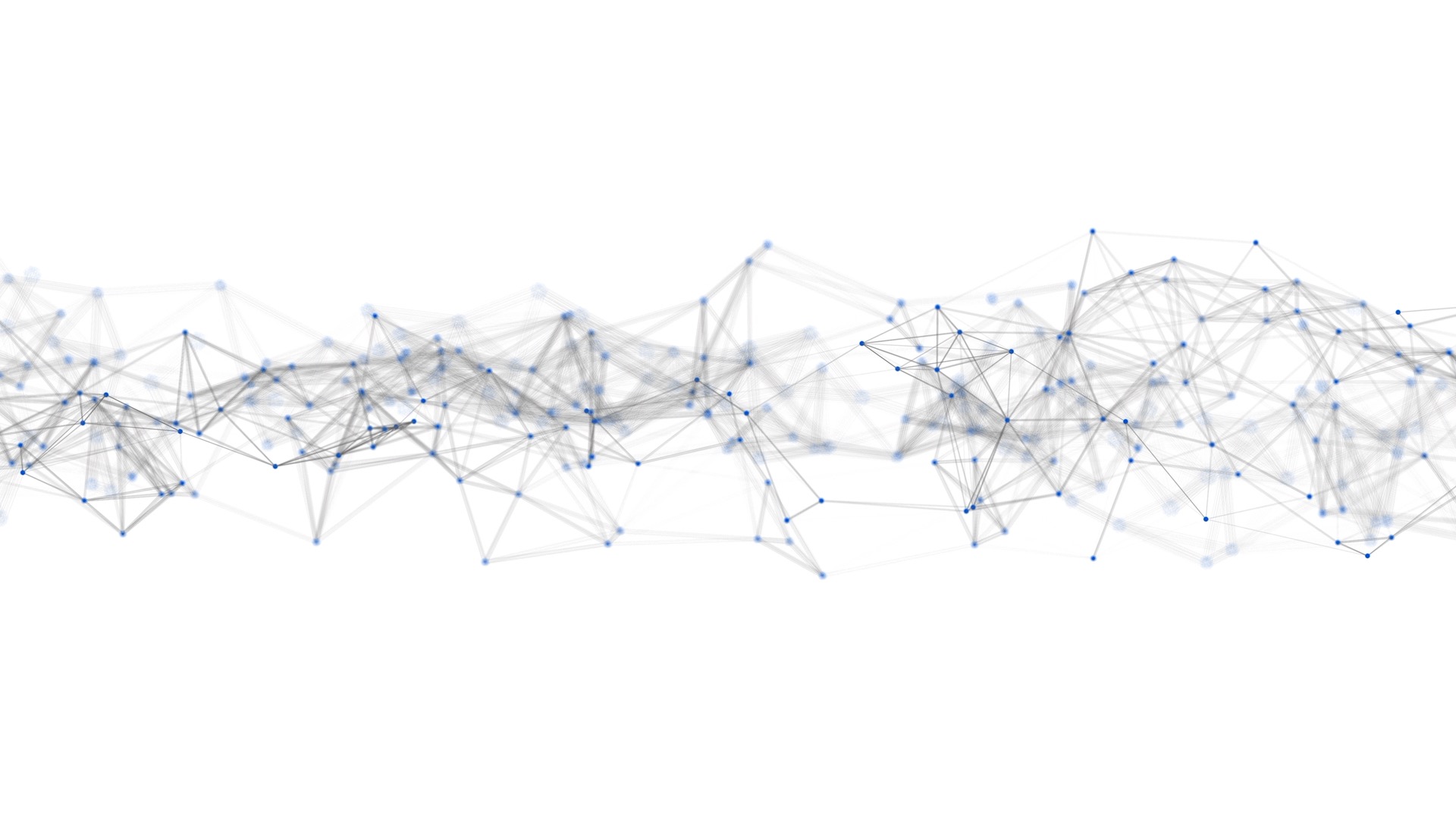Scientists recreate mouse egg cell development without ovarian support cells
―Researchers from Japan and France have successfully reconstituted the development of mouse egg cells, known as oocytes, from embryonic stem cells entirely in vitro, without the need for ovarian support cells. This new method offers researchers a powerful new platform to investigate the molecular mechanisms that control oogenesis, the process by which egg cells develop, and lays important groundwork for future applications in human reproductive biology.
In mammals, oocytes normally develop within the ovary, where they are closely supported by somatic cells such as granulosa cells and other ovarian structures. These supporting cells play critical roles by providing signals and nutrients that guide the development, growth and maturation of oocytes. However, their presence also introduces complexity, making it difficult to study oocyte development in isolation.
“By reconstituting oocyte development without ovarian somatic cells, we were able to identify the minimal essential factors required for oocyte development,” said Dr. Yoshiaki Nosaka, the first author of the study. “This has enabled stepwise and detailed analysis of the molecular mechanisms of egg cell development at each stage.”
To do this, the team started with primordial germ cell–like cells induced from mouse embryonic stem cells and applied a refined combination of molecular signals, namely, retinoic acid and BMP (bone morphogenetic protein), to induce their transformation into fetal oocyte-like cells and ultimately into grown oocyte-like cells. Crucially, the researchers found that a shortened, 2.5-day retinoic acid treatment combined with BMP signaling was sufficient to initiate this process, producing over 100,000 fetal oocyte-like cells per experiment.
From there, the team carried out a series of analyses to determine whether these in vitro–derived cells followed the same developmental patterns as natural oocytes. Using single-cell RNA sequencing, a technique that captures gene expression profiles at high resolution, they tracked how the cells progressed through oogenesis and identified key molecular markers that matched those found in naturally developing oocytes.
The researchers also examined whether these cells could undergo meiosis, the specialized cell division required for forming eggs and sperm. They observed accurate formation of meiotic structures such as synaptonemal complexes, which facilitate the pairing and recombination of chromosomes—an essential step for healthy egg development. The in vitro–derived oocytes also formed polar body-like structures, indicating that they had meiotic competence, which is a hallmark of oocyte maturation.
Further imaging and molecular profiling revealed that the oocyte-like cells developed many structural and epigenetic features consistent with those of in vivo oocytes, including changes in DNA methylation and histone modifications, both of which play key roles in regulating gene activity during development. The cells also showed appropriate transcriptome dynamics, chromatin structure, and even cortical granule formation, suggesting authentic functional maturation.
Although the study was performed in mice, the researchers believe their approach could be extended to human cells, potentially offering a new foundation for human in vitro gametogenesis, a field that seeks to generate human eggs and sperm from stem cells for applications in fertility preservation, regenerative medicine, and developmental biology.
This study marks a major step forward in the reconstruction of oocyte development from stem cells, offering a powerful new platform for investigating the molecular mechanisms of oogenesis. By identifying the minimal factors required for egg cell formation, the researchers have opened up new possibilities for basic reproductive biology and laid the groundwork for future applications in human germ cell research.
paper Information
Nosaka, Y., Nagano, M., Yabuta, Y., Nakakita, B., Nagaoka, S. I., Okamoto, I., Sasada, H., Mizuta, K., Umemura, F., Kuma, H., Okochi, Y., Katou, Y., de Massy, B., Inoue, A., Horie, A., Mandai, M., Ohta, H., & Saitou, M. (2025). Generation of germinal-vesicle oocytes from mouse embryonic stem cells under an ovarian soma-free condition. Developmental Cell. https://doi.org/10.1016/j.devcel.2025.06.008



